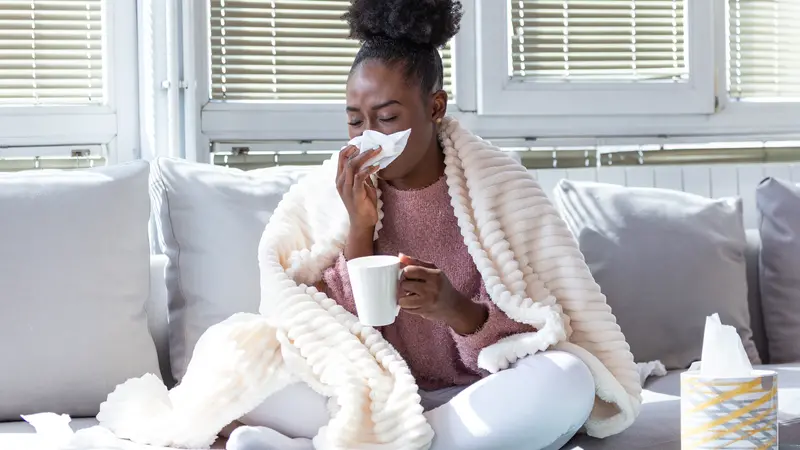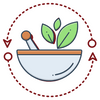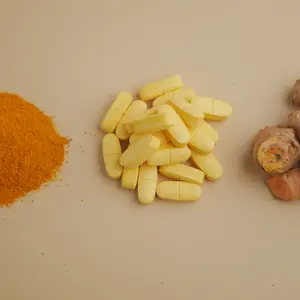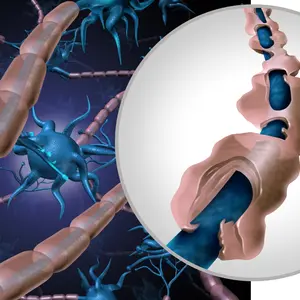

Complementary and Alternative Medicine (CAM)

Complementary and Alternative Medicine (CAM)
Complementary Approaches to the Common Cold
Each year, Americans catch more than 1 billion colds, and, unlike the flu, there is no vaccine available to offer protection. While colds don’t generally cause serious health complications, many people turn to complementary approaches to try to prevent and treat this common annual malady. Although no complementary approach appears to prevent or treat the flu, some have shown promise for colds.
A 2011 analysis of several studies on American ginseng concluded that the herb does not reduce the number of colds people catch, but it may shorten the length of them. Researchers warn that there is insufficient evidence to support taking ginseng to prevent colds, and it may negatively interact with blood-thinning drugs.
Echinacea has been examined in at least 24 studies to test whether it can prevent or relieve cold symptoms. A review of this research indicated some echinacea products may have a weak effect, but variations among different echinacea products make it difficult to conclusively prove a benefit, and the herb may cause allergic reactions.
Garlic and honey both have long-standing reputations as cold remedies. While a 2014 analysis concluded there is not enough evidence to support use of garlic for colds, there is a small amount of evidence showing honey may help to decrease nighttime coughing in children. Honey should only be given to children over the age of one because of concerns about botulism.
Meditation has been studied for its protective benefits against colds and respiratory infections. A 2012 study of adults over the age of 50 showed that people in the meditation group had shorter and less severe colds and lost fewer days of work than those in the control group. This group had better outcomes than the group that exercised instead of meditating.
Saline nasal irrigation—rinsing the nose and sinuses with salt water—has traditionally been considered a safe way to relieve cold symptoms, though studies have not been conclusive. In 2011, the US Food and Drug Administration issued a warning that tap water is not safe for use in nasal rinsing devices due to risk of severe infections.
Both zinc and vitamin C have received attention for treating colds in recent years, but there is limited evidence for their effectiveness. An analysis of research involving more than 11,000 people found that vitamin C does not prevent colds in the general population and shortens colds only slightly. However, a 2012 evaluation of 17 studies of oral zinc found that zinc can reduce the duration of colds in adults, a finding that was confirmed in three subsequent studies in 2015 and 2016.
Other complementary approaches have been studied for colds, but in all other instances there was insufficient evidence to recommend their use. Those who do use complementary approaches should tell their healthcare providers in order to avoid any interactions.
REFERENCES
National Center for Complementary and Integrative Health. (n.d.) Flu and colds: In depth. US Department of Health and Human Services, National Institutes of Health. https://www.nccih.nih.gov/health/flu-and-colds-in-depth?nav=govd


 By
By






